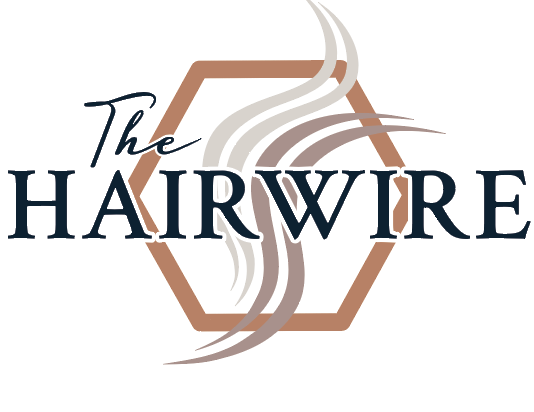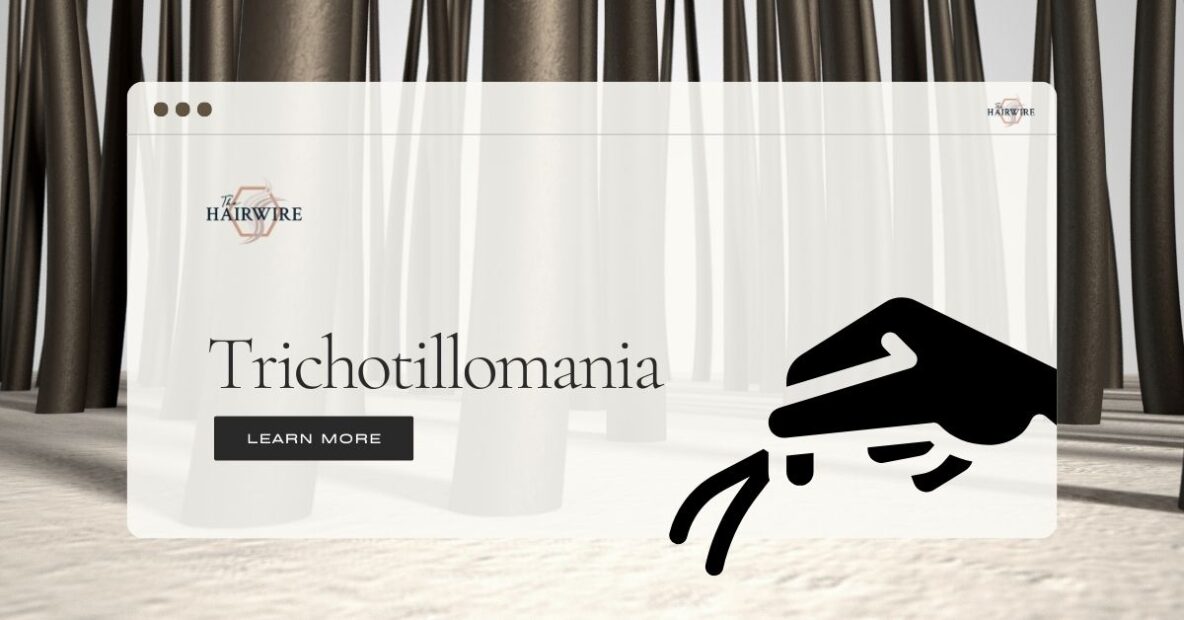
A Complex World of Hair-Pulling Disorder
In the realm of hair and scalp health, there exists a condition that transcends the physical and delves deep into the complexities of the human psyche. Trichotillomania, often referred to as “hair-pulling disorder,” is a multifaceted condition that impacts not only the hair but also the emotional well-being of those affected. As a copywriter with a background in trichology, I am dedicated to shedding light on this condition, offering insight into its intricacies, and providing guidance for those who may be grappling with it.
Defining Trichotillomania:
Trichotillomania is a mental health disorder characterized by the recurrent, irresistible urge to pull out one’s hair, resulting in noticeable hair loss. This condition often arises as a means of coping with stress, anxiety, or other emotional distress, and it can manifest in various forms, such as pulling hair from the scalp, eyebrows, eyelashes, or other body areas. It’s essential to understand that trichotillomania is not a mere “bad habit” but a legitimate psychological disorder that demands empathy, support, and professional intervention.
The Complex Psychology of Trichotillomania:
To comprehend the full scope of trichotillomania, it’s vital to recognize that it transcends the physical act of hair-pulling. It is deeply rooted in emotional and psychological triggers. Individuals with trichotillomania often experience a cycle of tension, the irresistible urge to pull hair (known as the “pulling phase”), followed by relief. This cycle can be both distressing and addictive.
The emotional toll of trichotillomania can be substantial. Feelings of shame, guilt, and embarrassment often accompany the hair loss, making it challenging for individuals to seek help or open up about their struggles. Understanding the emotional underpinnings of trichotillomania is a crucial step in offering support and compassion to those affected.
Seeking Help and Treatment:
Acknowledging trichotillomania is the first step toward recovery. If you or someone you know is grappling with this disorder, seeking professional help is imperative. Mental health experts, including therapists and psychiatrists, can provide valuable guidance and therapeutic interventions tailored to the individual’s needs.
Coping Strategies and Support:
In addition to professional help, individuals with trichotillomania can benefit from coping strategies and support networks. These may include cognitive-behavioral therapy (CBT), support groups, and self-help techniques to manage the urges and emotions associated with hair-pulling.
Trichotillomania is a complex and deeply personal journey for those affected, but it’s essential to remember that there is hope and help available. By understanding the psychological aspects of this disorder, seeking professional treatment, and tapping into a support system, individuals with trichotillomania can embark on a path toward healing and reclaiming their sense of self. Let us stand together, promoting empathy and awareness, to support those on their journey to overcome trichotillomania and regain control over their lives and their hair.
Whach:
Read More:


